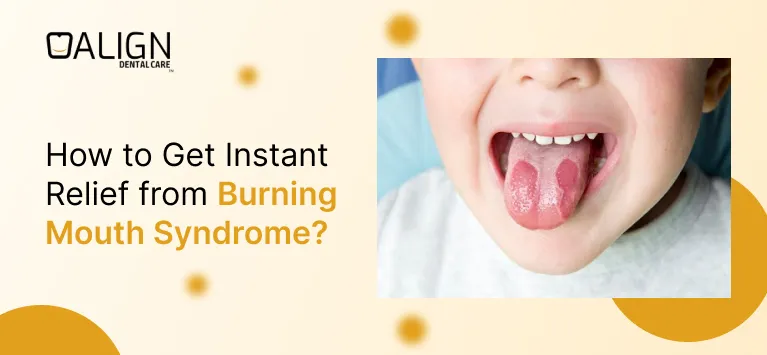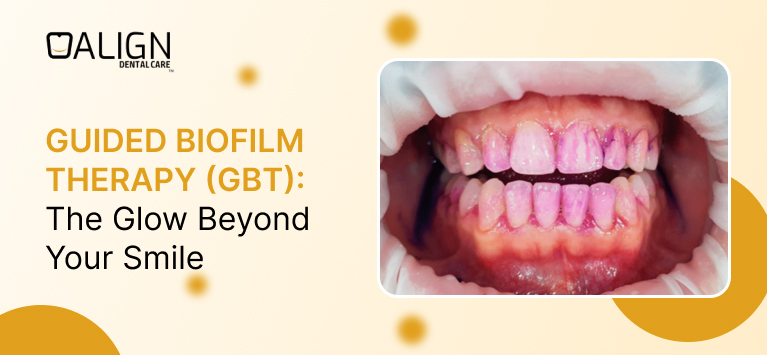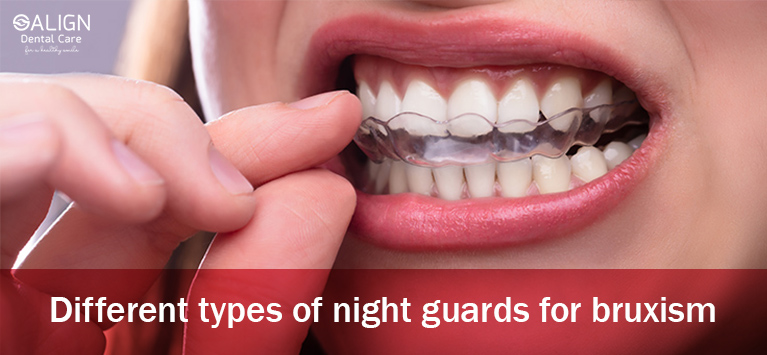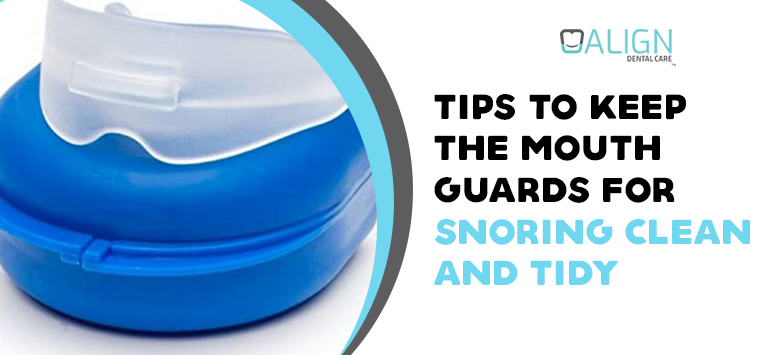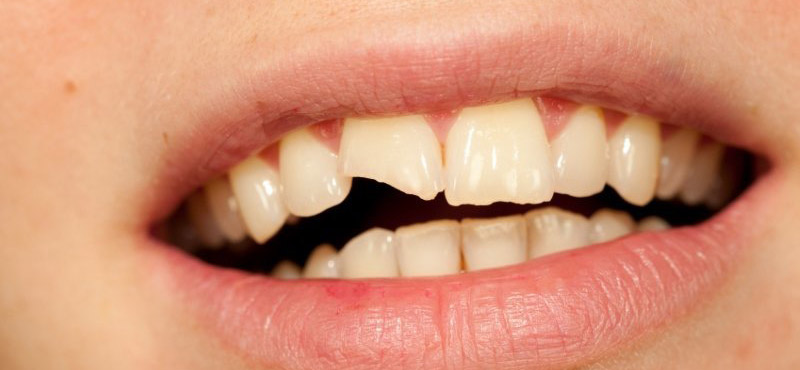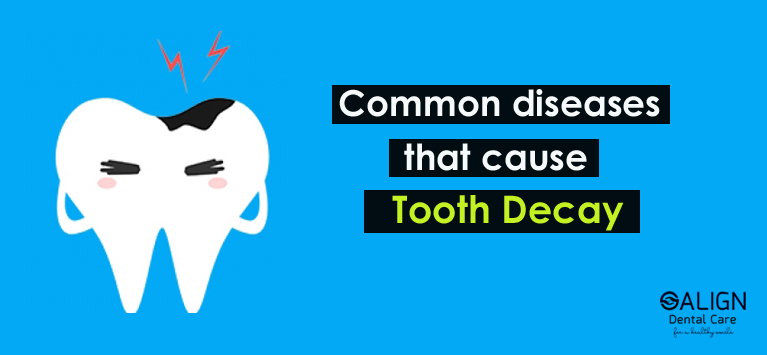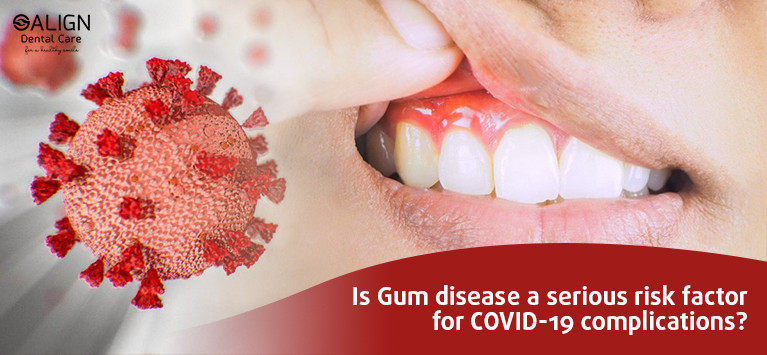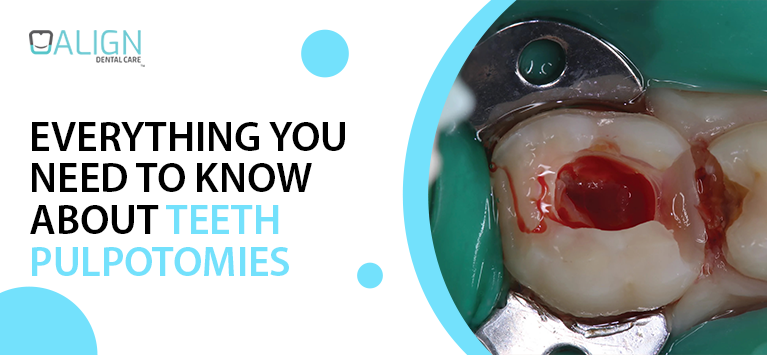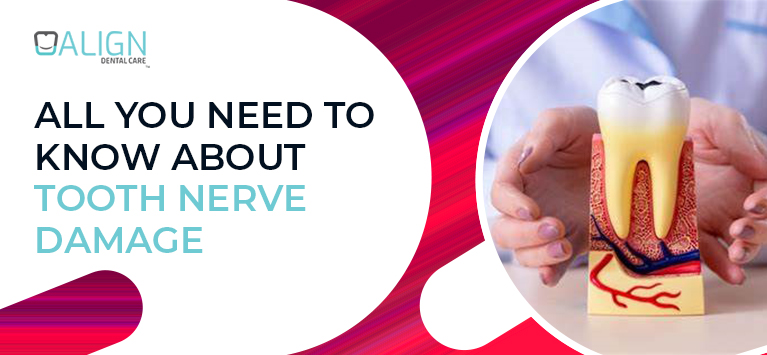
All you need to know about tooth nerve damage
The nerves of a tooth are located in a vascularized connective tissue called pulp chamber in the centre of a tooth. Damage in the nerves surrounding a tooth is due to dental trauma or improper dental procedures; its aftereffects like burning sensation, numbness, and others are either temporary or permanent.
Table of Contents
How does tooth nerve damage happen?
Unexpected dental injuries like deep cracks that extend to a tooth’s pulp chamber and constant pressure from teeth grinding and clenching expose the injured tooth’s nerve endings. Thus various external stimuli acquire a way to access the tooth nerves. They frequently strain, irritate the nerves and eventually lead to severe damage to the nerve fibres.
On rare occasions, badly executed dental operations like putting fillings close to the nerve endings, placing implant posts longer than they should be, and faulty pulp chamber closure during endodontic procedures can also damage a tooth’s nerves.
What are the signs of nerve damage in a tooth?
Whether a tooth nerve is injured due to an accidental hit from dentist needles, progression of cavities or untreated dental injuries, it will provoke throbbing pain. If the pain remains in a tooth, it indicates the tooth’s pulp where the nerve’s habitat is injured. It is called pulpal sensitivity.
In certain circumstances, the pain becomes widespread. This is so that the exterior elements can access the tooth’s nerves due to the depth of the damage. In such cases, the tooth also provokes sharp pain due to temperature variations. It is called dentinal sensitivity.
- Apart from the throbbing pain, damaged nerves inside a tooth exhibit various symptoms as follows:
- Numbing feel in the gums, tongue, cheeks and face
- Tingling sensation in the tongue, gums, cheeks and face
- Difficulty in opening and closing the mouth
- Not being able to taste foods
- Dental Abscess
- Aching feel along the gum line
As stated earlier, such repercussions of tooth nerve damage are either permanent or temporary. It depends on the extent of the injury has been done inside the tooth.
How do dentists treat damaged nerves inside a tooth?
There are various therapeutic solutions available to get rid of tooth nerve pain and other consequences of damage in the nerves of a tooth. Dental doctors often prescribe dental fillings to repair the tooth with injured nerve tissues.
Dental fillings – Dental fillings, also known as cavity fillings, are prevalently used if nerve damage is caused by tooth decay. The treatment begins with numbing the tooth and removing the tooth’s infected portions. Later, the filling materials are placed in the void created by the removed portion. It helps prevent external stimulants from entering the tooth and irritating the nerves inside.
If the dentists detect the damages are too serious about being fixed with fillings. Root Canal Treatment is needed.
Root Canal Treatment – Root Canal Treatment, also known as Endodontic treatment, is a minor surgical procedure widely performed to treat deep infections inside a tooth. It involves extracting the infected pulp chamber and filling the tooth with a “Gutta Percha” substance. Later a dental crown is placed on the treated tooth.
If you ignore the symptoms of injured nerves, you should undergo RCT to solve the issue.
Bottom line
Tooth nerve damage does not happen overnight, but it occurs gradually, irrespective of its underlying causes. If you sense an aching feeling in one of your teeth following a dental procedure or accidental injuries and it does not subside even after 48 hours, visit your dentist immediately.
If you sense an aching feeling in one of your teeth following a dental procedure or accidental injuries, and if it does not subside even after 48 hours, visit your dentist immediately. It might be due to nerve damage inside the tooth.






